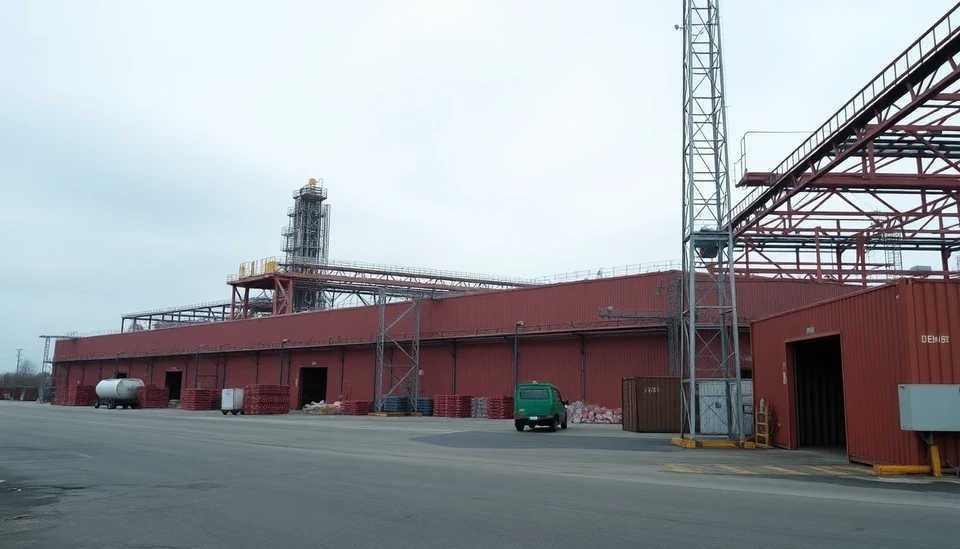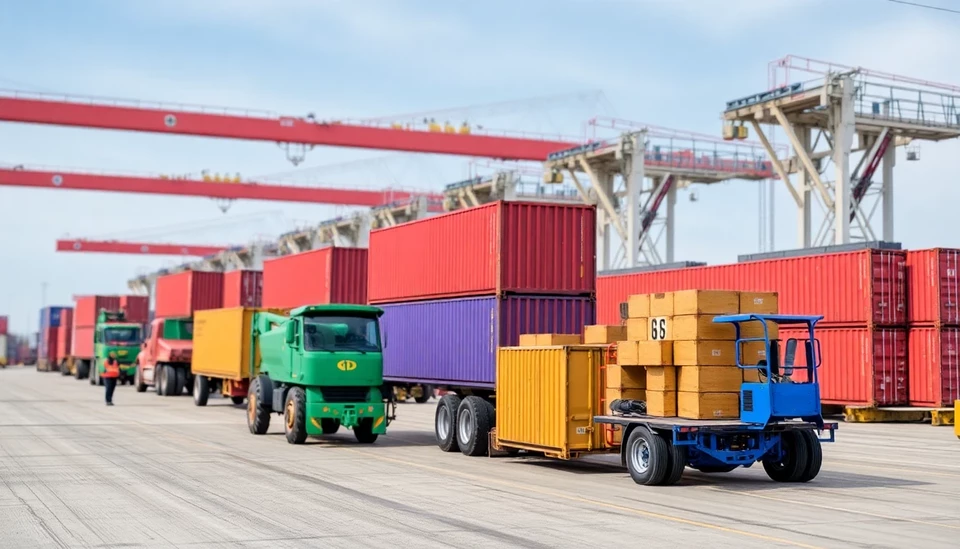
In a striking revelation, a warehouse in New Jersey has been identified as a significant storage site for copper, a move that directly connects to the repercussions of tariffs imposed during Donald Trump’s administration. The surge in tariffs on imported metals, which was a significant aspect of Trump’s trade policies, has left many businesses grappling with the financial fallout and uncertainties tied to their inventory management.
This particular warehouse is filled to the brim with copper, raising questions about how much longer companies can maintain such large stocks amid fluctuating metal prices and heightened market volatility. For businesses that rely on these materials, the implications of stockpiling could be severe, especially given the current economic climate, which has seen increased global competition and unstable supply chains.
The tariffs, intended to protect domestic production, have had the unintended consequence of inflating costs and creating bottlenecks for many manufacturers. As companies strategize about the future in the wake of these tariffs, the New Jersey warehouse stands as a stark reminder of the complexities introduced by such trade policies. The burden of excess inventory can lead to cash flow issues and affect planning for production schedules, further complicating operational dynamics in an already strained economy.
Experts suggest that while tariffs can provide short-term benefits for domestic producers, prolonged reliance on these measures may backfire, leading to increased prices for consumers and potential supply shortages. This situation in New Jersey highlights a broader trend—businesses are forced to adapt quickly to a changing landscape that constantly challenges their traditional operations.
The discovery at the warehouse underscores that, although protective trade measures like tariffs can be politically popular, they can also have profound effects on the supply chain and manufacturing sectors of the economy. As the industry reacts and adjusts to these geopolitical developments, observers will be watching closely to see how companies navigate their strategies in light of these tariffs.
The situation remains fluid, and many industry participants are hoping for a resolution that balances both competitive pricing and robust trade practices. For now, the warehouse filled with copper serves as a critical point of analysis for businesses eyeing the future in a post-tariff landscape.
In conclusion, the unfolding developments surrounding the New Jersey warehouse provide a valuable case study into the implications of protectionist policies in trade, reminding all stakeholders of the delicate balance required to foster both domestic production and competitive pricing in the global market.
#Tariffs #CopperWarehouse #NewJersey #TrumpEconomics #TradePolicy #SupplyChain #Manufacturing #EconomicImpact
Author: Rachel Greene




